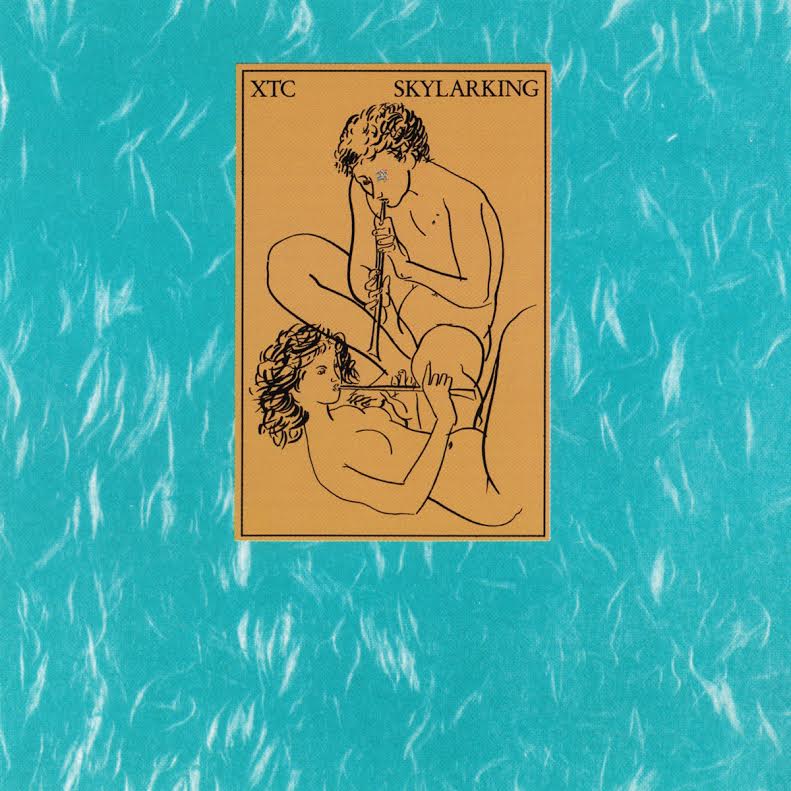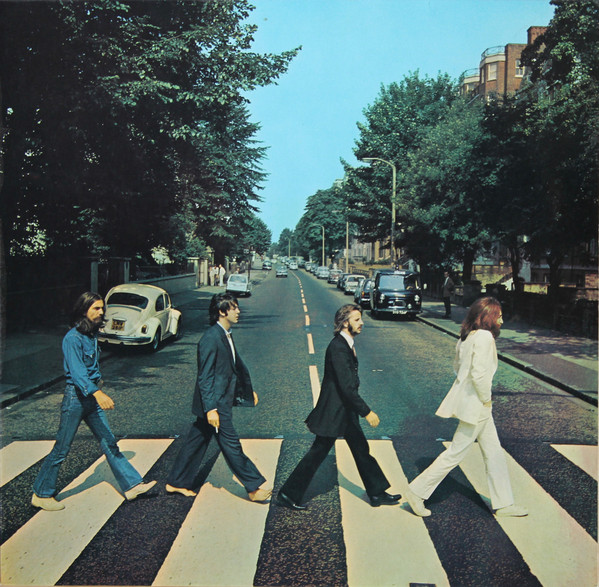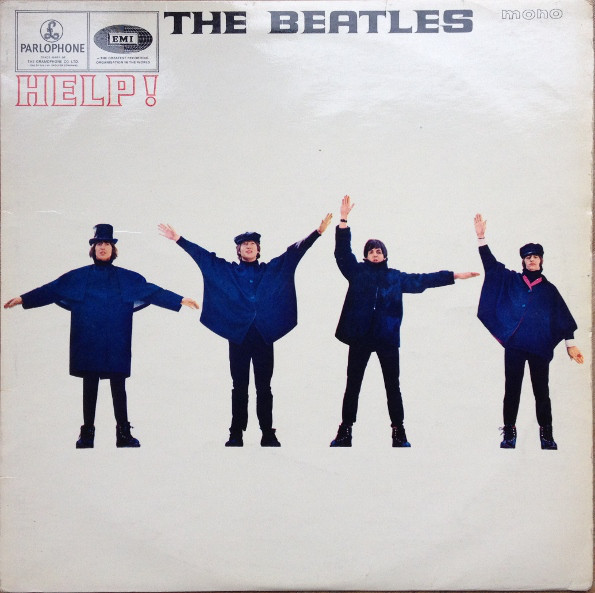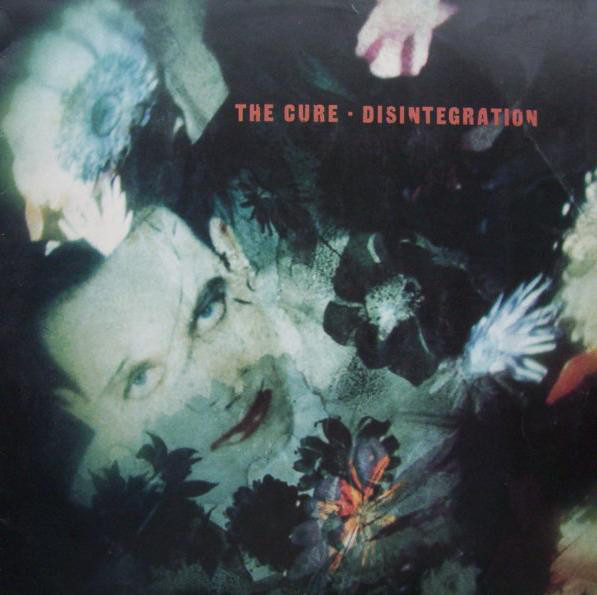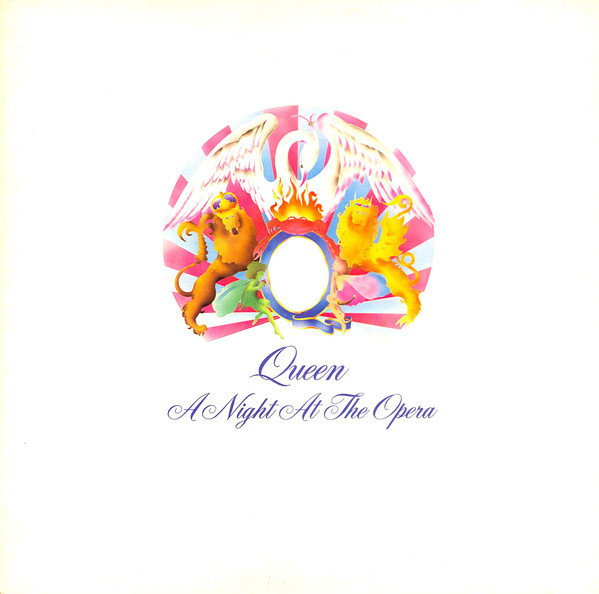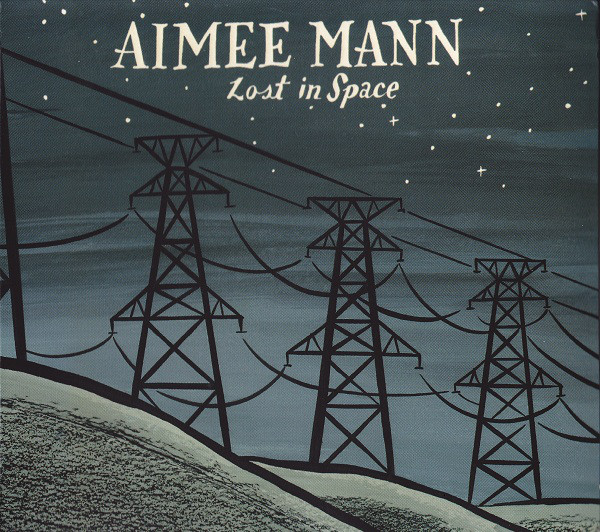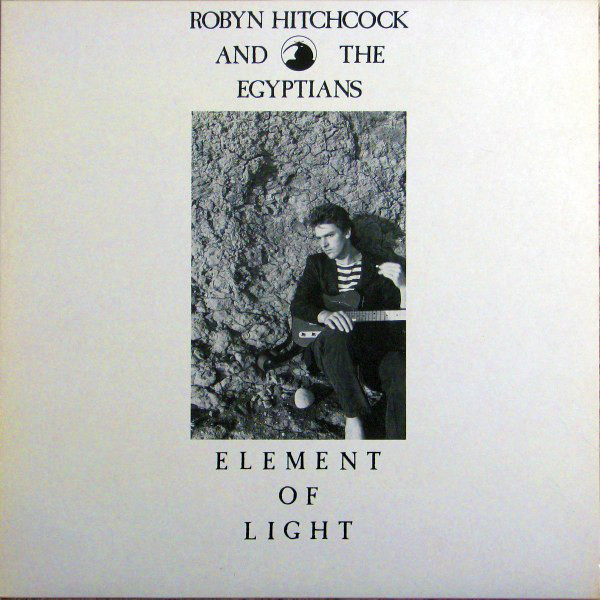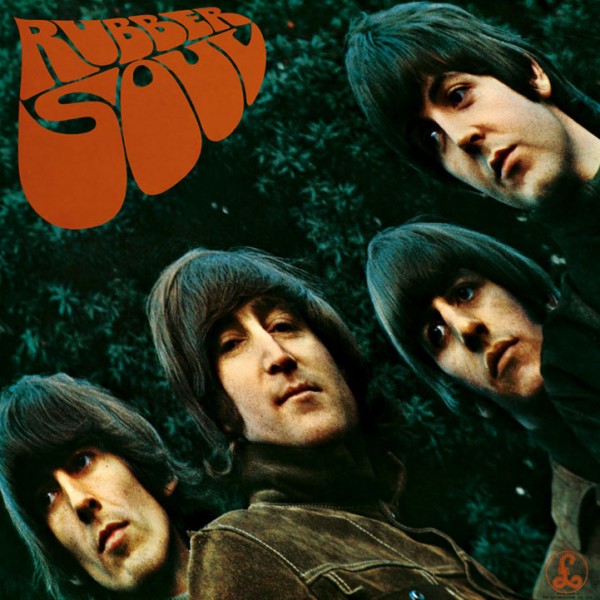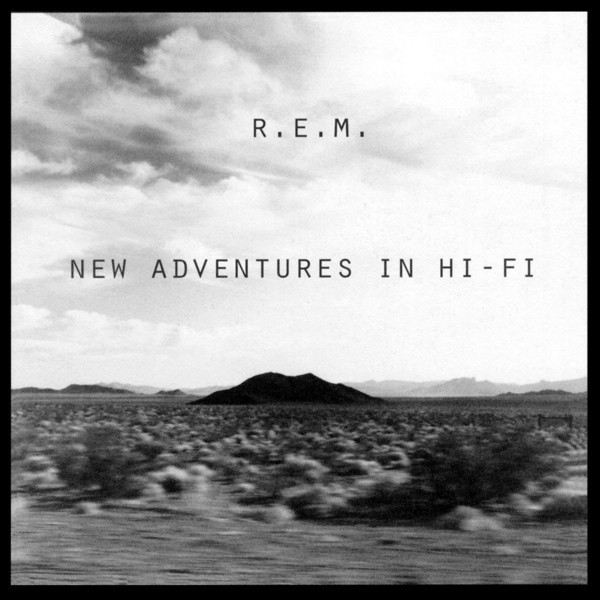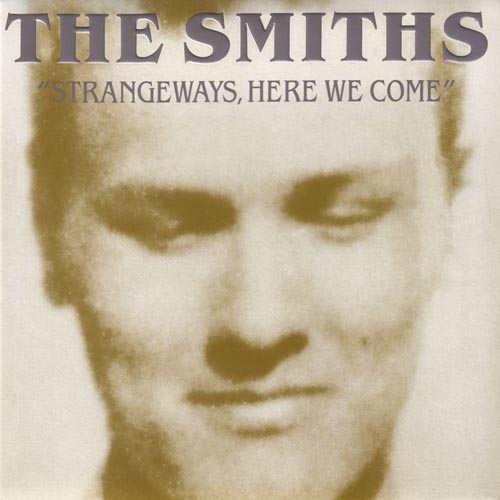 I’m not saying that Skylarking is the best album in the history of the universe, but I’m not not saying it either. Certainly it’s the finest album XTC have produced.
I’m not saying that Skylarking is the best album in the history of the universe, but I’m not not saying it either. Certainly it’s the finest album XTC have produced.
I know precisely when my love affair with XTC began, it was May 3rd, 1987 when MTV played the world premiere of “Dear God” on 120 Minutes. While not on the original pressings of Skylarking, Geffen slapped it on the US version and omitted “Mermaid Smiled” to make room.
Once I finally got my hands on a copy of the cassette, I played it as much as possible – it’s a miracle that the cassette lasted until I made the switch to CDs and was able to retire the poor thing.
